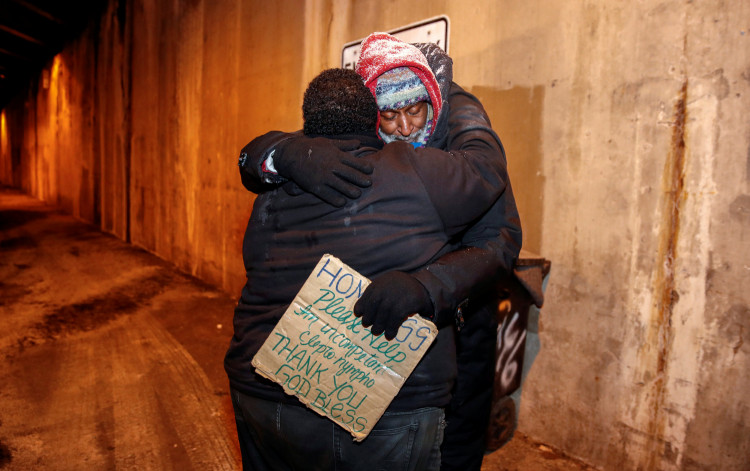California voters have narrowly approved Proposition 1, a measure that will dramatically restructure the state's mental health system and provide funding to address the homelessness crisis. The Associated Press called the race two days after polls closed on Super Tuesday, with the measure passing by a slim margin of 50.2% to 49.8%.
Proposition 1, a key component of Governor Gavin Newsom's plan to tackle homelessness, marks the first update to California's mental health system in 20 years. The measure will raise $6.4 billion over 20 years to build more housing and treatment facilities for people with mental health and substance use disorders. It will also enact new requirements on how the state's mental health budget is spent, redirecting about a third toward housing and rental assistance for unhoused people with serious mental illness or addiction, and another 35% toward treatments for that population.
Governor Newsom, who spent significant time and money campaigning for the measure, raising more than $13 million with the support of law enforcement, first responders, hospitals, and mayors of major cities, celebrated the narrow victory. "This is the biggest change in decades in how California tackles homelessness, and a victory for doing things radically different," he wrote in a statement. "Now, counties and local officials must match the ambition of California voters. This historic reform will only succeed if we all kick into action immediately."
Despite early polls suggesting that Proposition 1 would easily pass, Californians remained deeply divided over the measure as vote counting began. Conservatives balked at the measure's borrowing costs, while local officials criticized it for taking money away from community-based preventative mental health programs to fund in-patient treatment programs. Disability rights advocates also fiercely opposed Prop 1, arguing that it will fund locked-door psychiatric institutions and involuntary treatment, which could be counterproductive and re-traumatize people with severe mental illness and substance abuse disorders.
The complexity and length of the measure, with the full text taking up 68 pages in the state's 112-page voter guide, also contributed to the close vote. Newsom had touted the measure as a way to "prioritise getting people off the streets, out of tents and into treatment," but critics pointed out that it would also fund programs that facilitate coerced institutionalization.
Mental health and social welfare researchers have expressed concerns about the effectiveness of involuntary treatment. "Few who review the existing evidence conclude that on balance, involuntary treatment improves the lives of those who experience it," said David Cohen, a professor of social welfare at the University of California, Los Angeles, in an interview last month. "It's literally a Band-Aid solution."
The group opposing the measure initially conceded, but later retracted their concession as the race remained too close to call. Californians Against Prop 1 said in a statement that the results were "an embarrassing squeaker of a victory" and vowed to continue efforts to ensure all ballots are counted before the election is certified.
County health officials will have until 2026 to adjust their mental health budgets to reflect the shift in priorities mandated by Prop 1. The measure also includes a $6.4 billion bond to build 11,000 addiction and mental health treatment beds and supportive housing for veterans.
Prop 1 was popular with mayors, first responders, and business interests, and received widespread support from interest groups and corporations across the political spectrum. However, disability and civil rights groups slammed the measure as a threat to existing resources for mental health services and part of a move toward more involuntary treatment.




